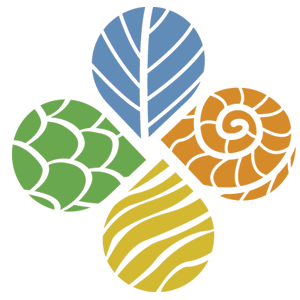Georeferencing: The Polygon Method - a guest blog by Michael Yost, Macrofungi Collection Consortium (MaCC) Project Assistant at the Denver Botanic Gardens and active member of the iDigBio GWG.
Introduction
Greetings, fellow georeferencers!
Mike Yost here, Macrofungi Collection Consortium (MaCC) Project Assistant. In my previous blog, I outlined how to batch georeference specimens using the point-radius method.
For this blog, I’m going to demonstrate how I use the polygon method to georeference specimens, utilizing the embedded GEOLocate tool in Symbiota.
NOTE:If you need a quick refresher on how to batch georeference specimens, you can read through my previous blog on iDigBio: “Steps in Georeferencing Specimen Locality Data - Community Examples”
Though it is currently standard protocol at most institutions to georeference specimens using the point-radius method, often the radius that is generated encompasses additional landmarks such as nearby rivers, mountains, or roads that should not be included within the uncertainty.
 Polygons increase the utility of georeferencing data associated with a location by further reducing the area of uncertainty around a collection site.
Polygons increase the utility of georeferencing data associated with a location by further reducing the area of uncertainty around a collection site.
For example, a case study conducted in-part by the University of California in 2011 found that using the polygon method (compared to the point-radius method) reduced the uncertainty of several localities at Yosemite National Park by up to 99.5 percent.
To demonstrate how this reduction in uncertainty area is accomplished, let’s start with a quick overview of the polygon method.
Let’s begin! Georeferencing: The Polygon Method (pdf) from the MaCC and Denver Botanic Gardens
From Deb Paul: Thanks Michael Yost. You'll find more Georeferencing Community Procedures on the GWG Resources wiki pages, and please add yours! Help the community make georeferencing faster, and more accurate with your contributions to kick-start the process. Please join us in the GWG working group - get fast answers to your georeferencing quesitons - and add your expertise to this community!




